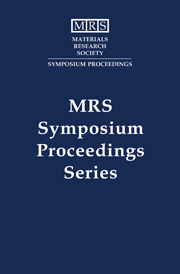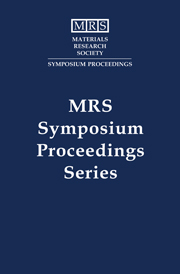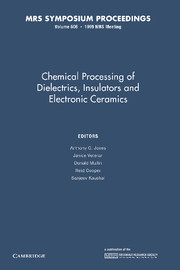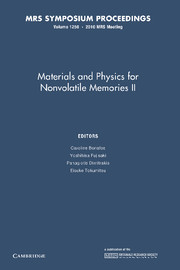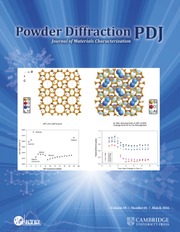Defects in Electronic Materials II
The pervasive role of defects in determining the thermal, mechanical, electrical, optical and magnetic properties of materials is significant as is the knowledge and operation of generation and control of defects in electronic materials. Developing novel semiconductor materials, however, requires new insights into the role of defects to achieve new properties. New experimental techniques must be developed to study defects in small structures. Research groups come together in this book from MRS to provide a vivid picture of the current problems, progress and methods in defect studies in electronic materials. Topics include new techniques in defect studies; processing induced defects, plasma-induced point defects; processing induced defects -defects and gate-oxide integrity; point defects and reaction; point defects and interactions in Si; impurity diffusion and hydrogen in Si; dislocations in group IV semiconductors; point defects and defect interactions in SiGe; point defects in III-V compounds; compensation and structural defects in III-V compounds and layers and structures.
Product details
May 1997Hardback
9781558993464
710 pages
240 × 160 mm
1.182kg
Out of stock in print form with no current plan to reprint


